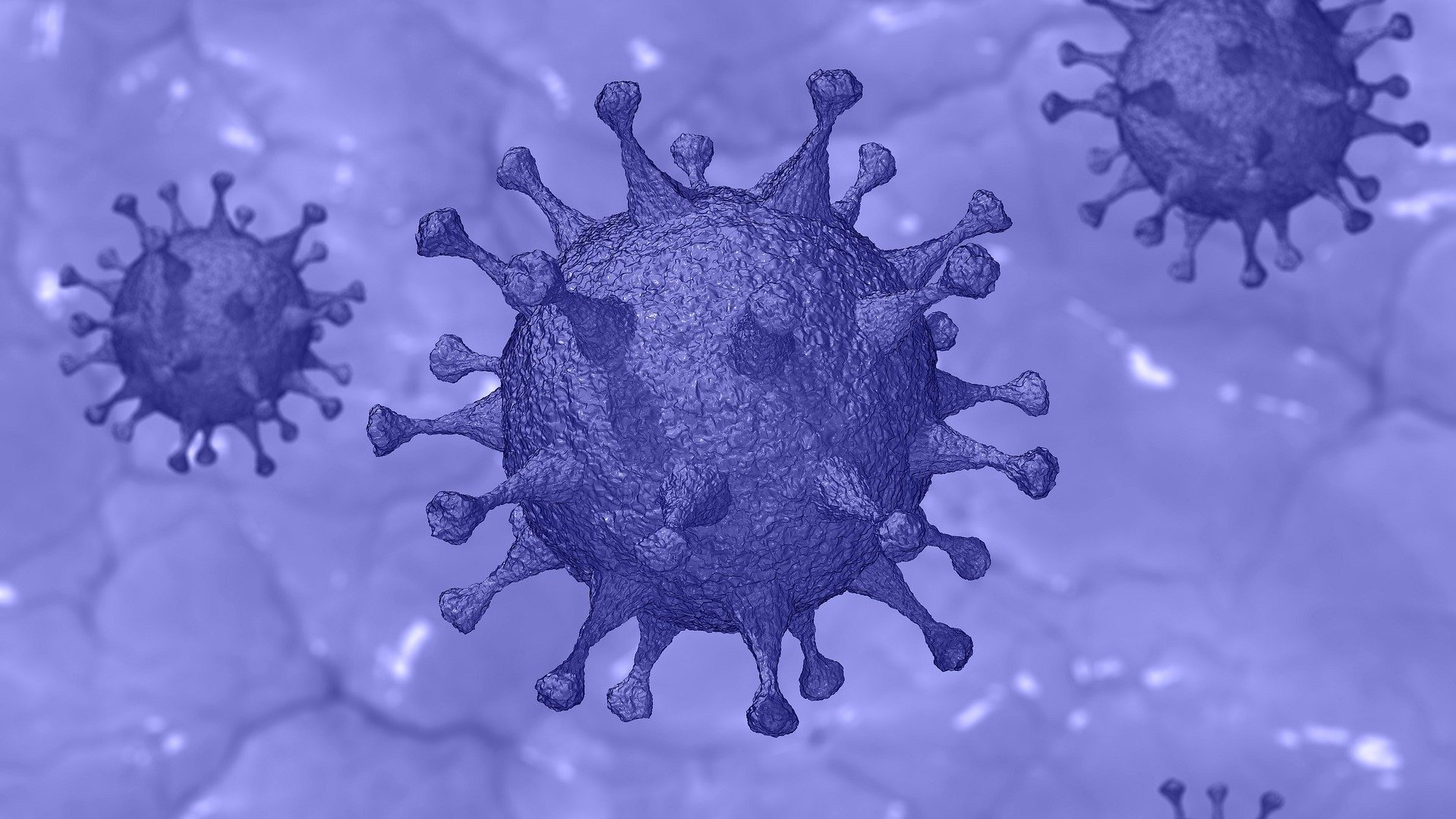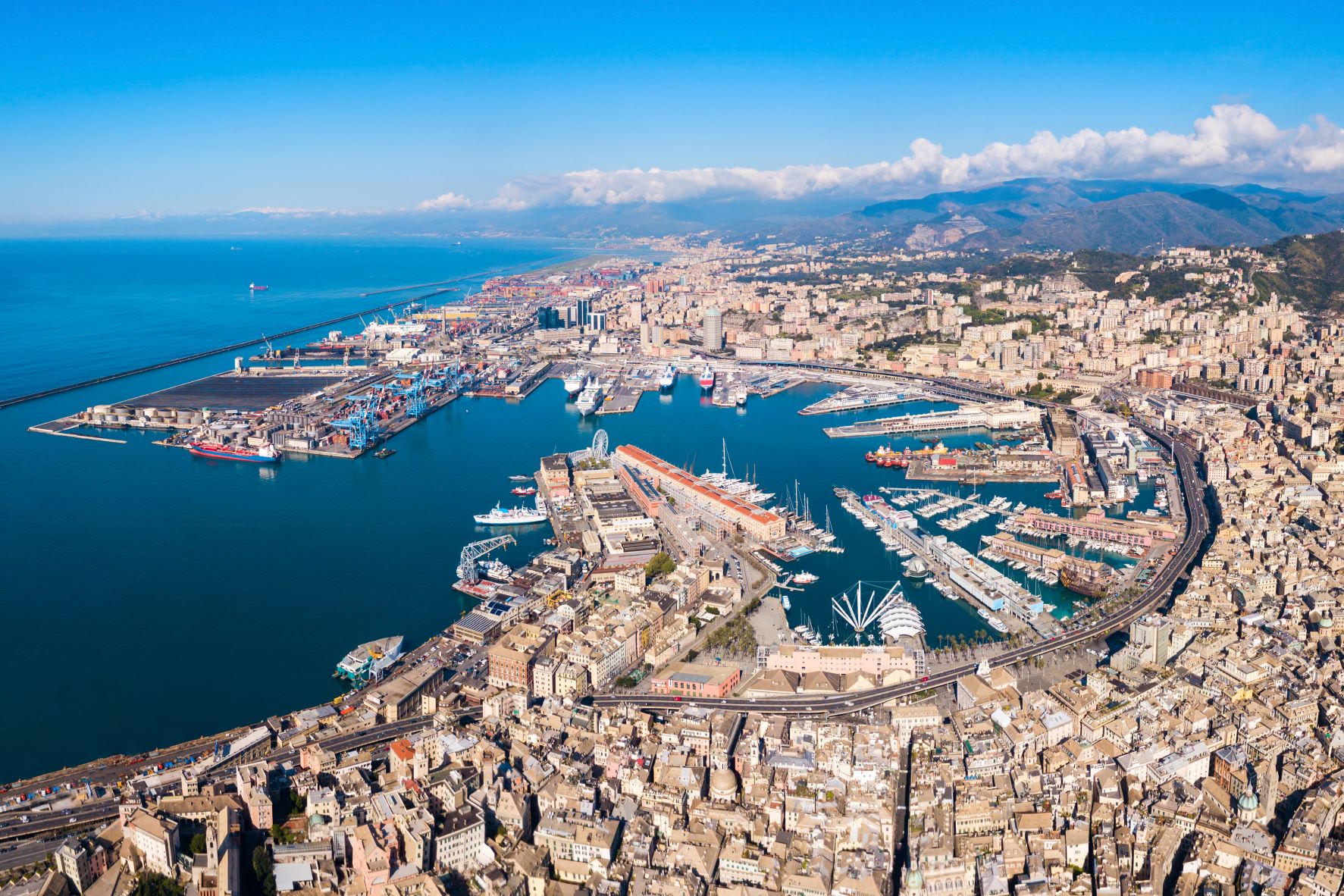LiveEO GmbH
Gitschiner Str. 94
10969 Berlin
Germany

Gitschiner Str. 94
10969 Berlin
Germany

The alarming levels of spread and COVID-19 led the World Health Organization (WHO) to declare it a pandemic outbreak. During March 2020, Italy was one of the most affected countries in the world. The European Space Agency (ESA) then launched the funding initiative “Space in response to COVID-19 outbreak”, in collaboration with the Italian Space Agency (ASI) and Italian ministries. A webinar held on Wednesday 12th January showcased the outcomes of some of the projects started under this initiative.
The funding call was co-funded by ASI for €10 million to support the best projects and received an extraordinary response. More than 120 outline proposals were received, out of which 24 projects were implemented. Companies from 16 countries responded to the call. The projects were conceived not only to address the unprecedented challenges caused by the COVID-19 pandemic but to also improve preparedness for future outbreaks. The Final Presentation Day hosted by ASI was opened by Elodie Viau, Director of Telecommunications and Integrated Applications (TIA) at ESA, with representatives from the Italian Ministry for Technological Innovation and Digital Transition, and the Italian Ministry for Education. This was followed by final presentations of six of the 24 implemented projects, which focused on addressing key challenges in the healthcare and education sectors.
“The global health emergency has highlighted the importance of digital technologies and data to support our daily lives and manage the outbreak of COVID-19. I am happy to see how these projects have allowed local authorities, medical personnel and communities at large to reduce the risk of spreading the virus,” stated Dario Malerba, Technical Innovation Project Manager, Department for Digital Transformation (Ministry for Technological Innovation and Digitalisation). The three health-related projects presented at the Final Presentation Day included:
In addition to the theme of healthcare, the funding call also invited projects to submit applications related to education. “I am happy to see how these projects have used the topic of space to inspire children during the pandemic”, commented Elisa Pintus, Deputy Head of Cabinet of the Minister for Education. “The effects of this global emergency are especially felt in children and may result in heightened feelings of anxiety and worry, as well as isolation. The possibilities of e-learning, remote provision of training and education for teachers and students, as well as social ‘virtual’ interaction to engage pupils have proven to be great ways to support children during the most difficult periods of the pandemic.” The three education-related projects presented included:
“I am always inspired and energised hearing the passion of the companies that we support. Today was a treat, with six of the 24 projects from the ‘Space in Response to the COVID-19 Outbreak in Italy’ cohort,” added Nick Appleyard, Head of ESA Space Solutions. “We are grateful for the strong support of the Italian Government’s ministries and ASI, without which we at ESA would not have been able to mobilise this help for both doctors and children.”
“Future initiatives, to be pursued in the context of the ARTES programme as well as the ESA accelerators will showcase even more broadly the role that connectivity and digital technologies will play in key sectors like mobility, sustainable infrastructures and education, contributing to a resilient, inclusive and sustainable society,” concluded Elodie Viau, Director of TIA at ESA.
Wellbeing and entertainment services: open 12 April 2022 to 20 June 2022 at 13:00 CEST
Industry transformation services: open 20 June 2022 to 10 October 2022 at 13:00 CEST
Smart Transportation services: open 10 October 2022 to 09 January 2023 at 13:00 CET

The initiative launches Genoa as the capital of the ecological transition, a pilot project that accelerates green digitisation towards a more sustainable and resilient city.
A Memorandum of Intent was signed this morning (18th January 2022) between the Municipality of Genoa, European Space Agency (ESA) and Enel Italia. The cooperation focuses on promoting the development of applications that use space to accelerate green innovation and improve the quality of life of citizens through sustainable economic development, accompanying the transformation of the city and its socio-economic growth. The parties will make available their skills and engage in joint actions to achieve the shared objectives and accelerate the development of innovative on space-based applications related to the blue economy, green mobility, port, and infrastructure development.
The strategic agreement for the city includes kicking off a series of related activities in January to support Genoa’s regional waters. Genoa will be the finishing point of the next edition of The Ocean Race in 2023 – an event which has a strong focus on sustainability.
“We have joined this project with conviction and enthusiasm. The company is strongly committed to the development of renewable energy sources and is always looking for new environmentally friendly technologies,” said Nicola Lanzetta, Director of Enel Italia. “Our contribution, combined with knowledge of the area, technological innovations and the experience of other stakeholders, will bring undoubted benefits to the city of Genoa and its regional waters, as well as shared value for all stakeholders."
“I am pleased to announce this successful collaboration which will unlock new cross-sectoral cooperation opportunities to establish innovative space technologies and applications to accelerate green innovation for sustainable cities,” said Elodie Viau, Director of Telecommunications and Integrated Applications at ESA.
"We are proud that Genoa has been chosen as the pilot city for this project,” declares the Mayor, Marco Bucci. “Every action that encourages innovation and improves the quality of life is essential for the city of the future. This memorandum represents an important opportunity for collaboration between the Municipality of Genoa, Enel and the European Space Agency. The comparison between the three different realities will make it possible to merge skills and visions for the achievement of common objectives. I thank Enel and ESA for choosing Genoa as the first city in Italy to implement a project of this type, a decision that honours us. With today's signature we are starting an exciting journey that will open up new horizons of growth and development".
Robert-Bosch-Straße 7
64293 Darmstadt
Germany
Hauptstraße 47
82327 Tutzing
Germany
Hilpertstraße 31
64295 Darmstadt
Germany